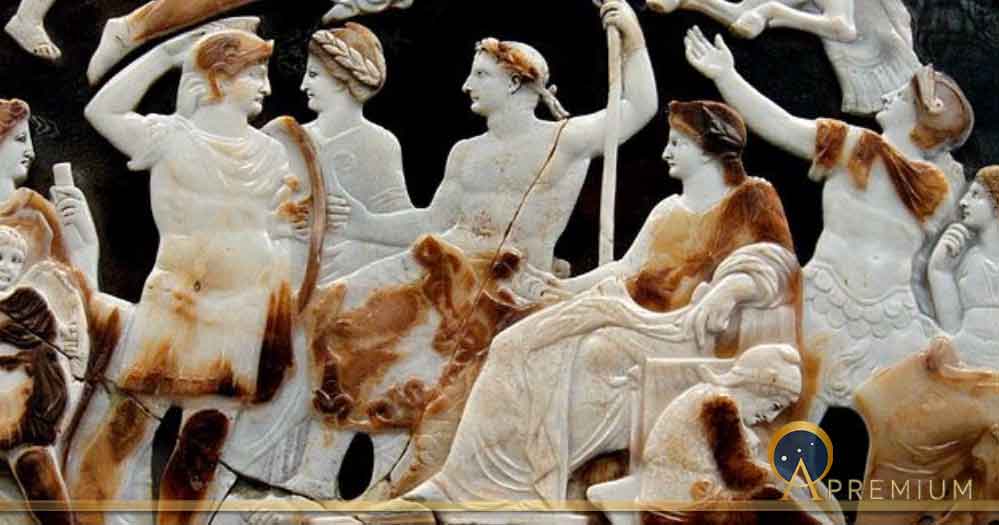Dawn of the Roman Empire: The Julio-Claudians

When the citizens of Rome ousted their last king in 509 BC, power was divided between the magistrates, the Senate, and the assemblies of the people. This partition of authority, which characterized the institutional system of the Republic, was intended to create a balance of power and prevent the return of any autocratic type of […]
The Severan Emperors and the Demise of the Roman Senate

By 190 AD, the debauched life of emperor Commodus had reached a sinister summit. Never had the Roman Empire been led by such a disgraceful character. Probably mad, he identified himself with the god Hercules and tried to imitate him in every way imaginable, even in the arena. His attitude of suspicion and unhealthy anxiety […]
The Antonine Dynasty: The Good Roman Emperors

While much appreciated by the plebeians and especially by the army, Emperor Domitian was hated by the aristocracy and the Senate, which he himself despised. His absolutist attitude, his austere financial measures and his persecuting actions perpetrated even against those close to him who were provoked by his unhealthy anxiety concerning his personal security, made […]
The Byzantine Emperors 395 – 491 AD

The Byzantine Emperors witnessed the disintegration of the western Roman Empire which did not survive past the fifth century. Contrary to the latter, the Byzantine Empire would subsist the successive waves of Germanic invasions to endure for another thousand years. During his reign, Emperor Theodosius I (379–395 AD) succeeded in mitigating the disastrous aftermath of […]
The Constantinian Dynasty – Five Successors, One Victorious Emperor

The Tetrarchy, inaugurated in 285 AD by Emperor Diocletian, had been instituted mainly with the intent of mitigating successions tribulations such as those that had plagued the third century. But the system began to breakdown in 306 when Emperor Constantius Chlorus died in Eboracum (York, UK) and the army serving under him illegitimately designated his […]
Legacy Of Vespasian Founder Of The Roman Flavian Dynasty

The death of Emperor Nero in 68 AD ended the Julio-Claudian dynasty of Roman Emperors. It also initiated a succession crisis which degenerated into a short but deadly civil war. This was the first such event to occur in the imperial period of the Roman Empire, a political regime inaugurated by Emperor Augustus in 27 […]
